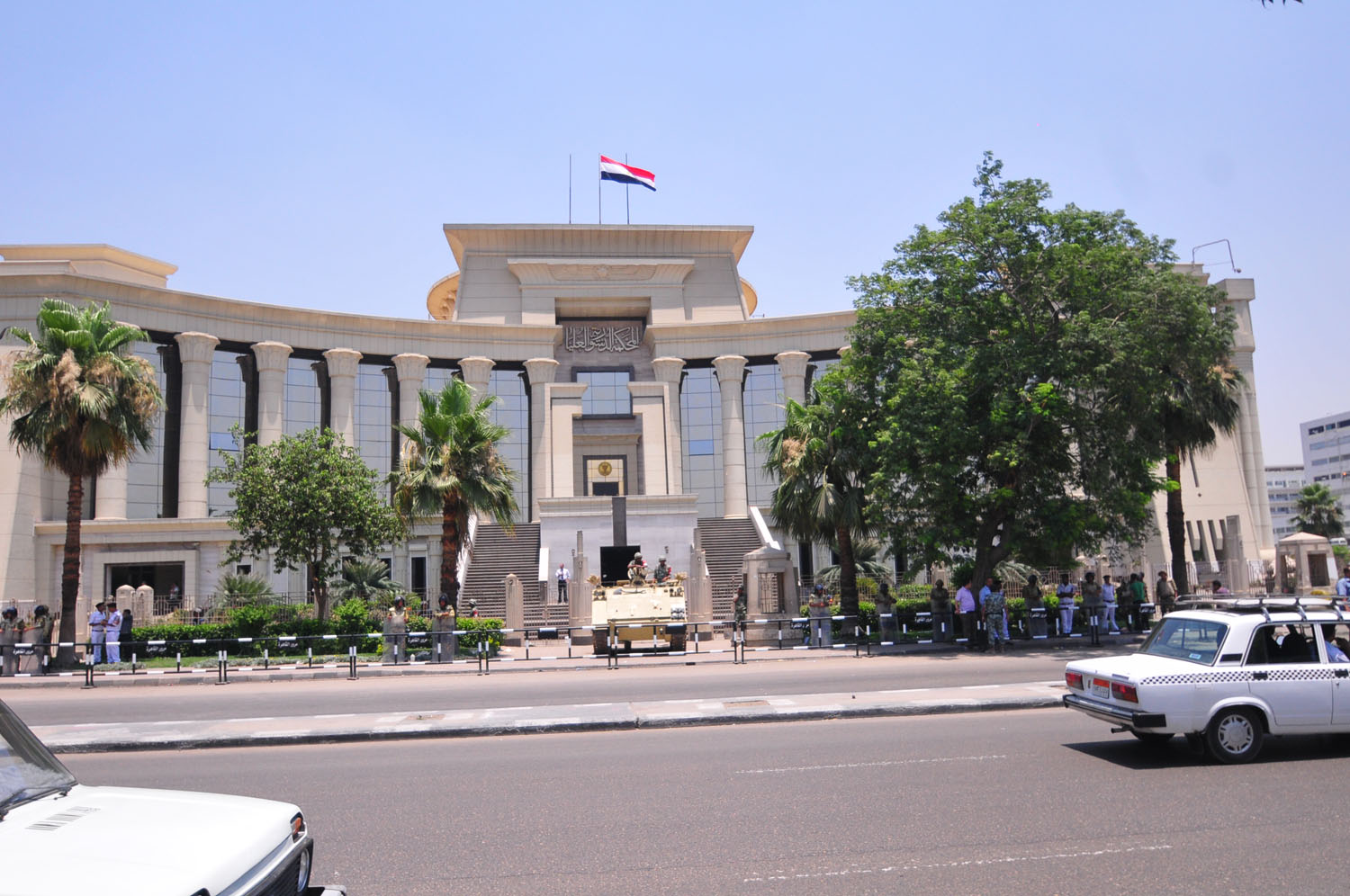By AFP
WASHINGTON: Freed Google worker Wael Ghonim, who has emerged as a prominent voice of Egyptian protests seeking to oust President Hosni Mubarak, told CNN on Wednesday he was “ready to die” for the cause.
It is “no longer the time to negotiate” with the Mubarak regime, Ghonim said, weeping openly after discussing the plight of protestors who had died in the three weeks of demonstrations.
“I’m telling you, I am ready to die,” he said in the interview conducted in English, displaying a notarized power of attorney that would grant control of his assets to his wife in the event of his death.
“I have a lot to lose in this life. I work in the best company to work for in the world. I have the best wife, I love my kids. But I’m willing to lose all of that for my dream to happen, and no one is going to go against our desire. No one.”
Addressing Egyptian Vice President Omar Suleiman, Ghonim delivered the message: “You are not going to stop us.”
“Kidnap me. Kidnap all my colleagues. Put us in jail. Kill us. Do whatever you want to do — we are getting back our country. You guys have been ruining this country for 30 years. Enough, enough, enough,” he said.
The 30-year-old Egyptian who is the Google’s marketing chief for the Middle East and North Africa was freed Monday after 12 days in custody, and was swiftly propelled to the forefront of the popular uprising, addressing huge crowds in Tahrir Square, epicenter of the protests against Mubarak.
Hailed as a hero, Ghonim has revealed he was behind the “We Are All Khaled Said” page on Facebook that has been credited with helping mobilize the pro-democracy protests.
“This is a crime,” he said of the deaths of hundreds of protesters in clashes with pro-government activists. “(Mubarak) needs to step down,” he said.
In a blunt message to the country’s leaders, Ghonim added: “If you are true Egyptians, if you are heroic Egyptians, it’s time to step down.”
Saying time for negotiation was over, he said protestors had originally gone to the street “and we wanted to negotiate. They decided to negotiate with us at night with rubber bullets, with police sticks, with water hoses, with tear gas and with arresting about 500 people. Thanks. We got the message.”
Egypt’s government was meanwhile warning of a military crackdown as massive rallies against Mubarak continued to spread and reports surfaced that the army had detained and tortured pro-democracy activists.
